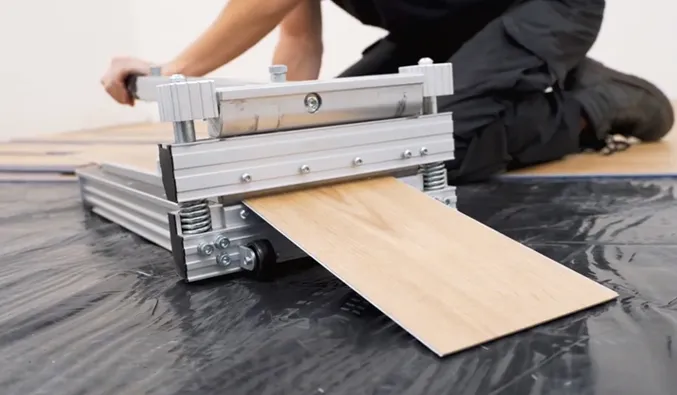Exploring the Versatility and Applications of Linoleum Flooring Solutions
Exploring Linoleum Sheets A Timeless Flooring Solution
Linoleum sheets have been a staple in flooring solutions for over a century, showcasing their versatility and durability. Made from natural materials such as linseed oil, cork dust, wood flour, and resins, linoleum is an environmentally friendly option for those looking to enhance their living or working spaces. As we delve into the characteristics and benefits of linoleum sheets, it becomes evident why they continue to be a popular choice among homeowners and designers alike.
One of the most significant advantages of linoleum sheets is their durability. Unlike many synthetic flooring options, linoleum can withstand heavy foot traffic and is resistant to wear and tear. It has a natural resilience that makes it less prone to dents and scratches, which is particularly beneficial in high-traffic areas like kitchens, hallways, and commercial spaces. With proper care and maintenance, linoleum sheets can last for decades, making them a cost-effective investment in the long run.
Another appealing aspect of linoleum sheets is their aesthetic quality. Available in a wide range of colors, patterns, and textures, linoleum can complement any interior design style. Whether you prefer a classic look with earthy tones or a bold and modern appearance with vibrant hues and geometric patterns, linoleum sheets offer an array of options to suit your taste. Additionally, the material can be easily cut and shaped to fit any space, allowing for seamless installation and a polished finish.
Moreover, linoleum sheets are known for their comfort underfoot. The natural composition of linoleum provides a softer feel compared to harder surfaces like tile or hardwood. This added comfort can make a significant difference, particularly in areas where you spend considerable time standing, such as kitchens or workspaces. Linoleum also offers some degree of insulation, helping to keep your space warm in the colder months while reducing noise levels – a crucial factor in busy households or bustling offices.
linoleum sheets

From an environmental perspective, linoleum sheets are crafted from sustainable materials, making them an eco-friendly flooring choice. The production process is relatively low in carbon emissions compared to many synthetic flooring options, and since linoleum is biodegradable, it presents a lower environmental impact at the end of its life cycle. For eco-conscious consumers, choosing linoleum aligns with a commitment to sustainability and responsible living.
Cleaning and maintenance of linoleum sheets are straightforward, which adds to their appeal. Routine sweeping or vacuuming, along with occasional damp mopping using a mild soap solution, is generally sufficient to keep linoleum looking its best. Unlike some flooring options that require special cleaners or treatments, linoleum's simplicity in care allows homeowners to maintain a beautiful and hygienic environment with minimal effort.
While linoleum sheets have many advantages, potential buyers should also be aware of their limitations. For instance, linoleum can be sensitive to moisture, meaning that areas prone to spills or dampness, such as bathrooms, may not be the best fit for this type of flooring without appropriate sealing. Furthermore, linoleum sheets can fade over time if exposed to direct sunlight, which might necessitate careful placement of furniture and rugs to protect the floor.
In conclusion, linoleum sheets offer a unique combination of durability, aesthetic appeal, and environmental sustainability. Whether for a family home, commercial space, or anywhere in between, they present an attractive and practical flooring solution. As more people become aware of the benefits of natural materials and environmentally friendly products, linoleum's timeless charm is likely to endure, proving that sometimes, classic choices are indeed the best choices.
-
Waterproof Advantages of SPC Flooring Vinyl in KitchensAug.06,2025
-
SPC Hybrid Waterproof Flooring Thickness GuideAug.06,2025
-
Leveling Subfloor Before My Floor SPC InstallAug.06,2025
-
How Mesh Deck Skirting Improves Outdoor Pest ControlAug.06,2025
-
Choosing the Right Commercial Flooring for Your Business NeedsAug.06,2025
-
Choosing the Best Residential Flooring: A Comprehensive Guide to Style, Durability, and ComfortAug.06,2025




